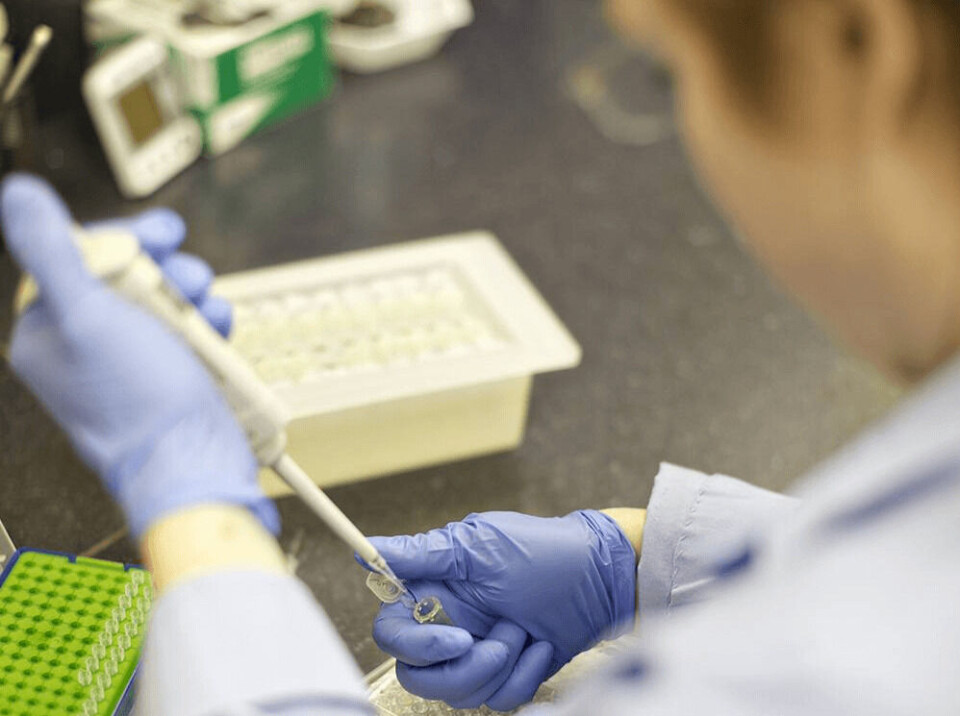
New DFO initiatives make a splash in Canadian waters
The Canadian Department of Fisheries and Oceans (DFO) is reassessing its risk management protocols by adopting a more science-based decision-making approach when it comes to the aquaculture industry.
“Global demand for fish and seafood as a high-protein food source is increasing significantly. Over half of seafood consumed world wide is produced by aquaculture operations. Ensuring that the aquaculture industry is successful in the future is imperative to reducing over fishing and ensuring wild fish stocks are sustainable. However, Canadians must be assured that aquaculture is environmentally sustainable,” said the DFO in a news release.
Engaging with Canadians
“We are committed to further enhancing the sustainability of our oceans and coastal communities and to addressing issues of concern.
“The path forward on further enhancing the sustainability of aquaculture operations requires engaging with Canadians across a broad range of interests. The Department will continue to work with Indigenous partners, provinces, territories, federal partners, environmental groups, industry, and members of the public to arrive at well informed, science-based decisions that will ensure the protection of wild Pacific salmon stocks.”
The government shared its plans on how to achieve science-based goals starting with a 60-day public feedback program in which two processes will be reviewed.
“An interim Framework for Aquaculture Risk Management (FARM) to provide a consistent, predictable process for aquaculture risk management that ensures wild fish and their habitats are protected. This risk-management framework also explains how a precautionary approach for aquaculture decision-making is to be implemented; and an interim Framework on the Transfer of Live Fish that provides guidance on the authorization of the movement of fish in marine environments and what, if any, additional mitigation measures are needed to protect wild stocks. The interim framework sets out a process for assessing the impact of transfers on wild fish and determining if testing for pathogens is warranted,” said the release.
"Our government is committed to the protection and conservation of wild Pacific salmon. The new safeguards announced today will protect wild salmon and enhance environmental sustainability of aquaculture in British Columbia. I invite British Columbians to provide their input during consultations,” said Fisheries and Oceans Minister Jonathan Wilkinson.
Precautionary approach
The government is also instigating a “precautionary approach” in which the DFO will also work with the aquaculture industry to implement two more measures.
“The DFO will be requiring enhanced testing and reporting of any instances of heart and skeletal muscle inflammation (HSMI) and jaundice syndrome. The Department will be investing additional resources to undertake increased audits at farm sites to ensure proper monitoring and enhanced monitoring of farmed fish health, and we will undertake screening in fresh water aquaculture hatcheries in BC for the presence of two specific strains of PRV – the non-native Icelandic and Norwegian strains, the latter having been shown to be harmful to Norwegian farmed Atlantic salmon.”
Technical groups
Lastly, three “Technical Working Groups” will be developed under the new approach. “Each group will be focused on a key issue that has been identified for improvement and/or enhanced collaboration. The Working Groups will be inclusive and will be comprised of representatives of the Province of BC, Indigenous communities, environmental organizations, the aquaculture industry and other key stakeholders and will provide advice to the Department. This advice will be directly relevant to any final decisions with regard to risk management policy.”
Groups will focus on:
- Area-based approaches to aquaculture management;
- Aquaculture production technologies (including closed containment);
- Fish health.
The BC Salmon Farmers’ Association (BCSFA) is one of the groups that is hoping to be part of the consultation process.
“Like everyone we only just received the decision, we're still learning as we look forward to participating in the consultation process,” said BCSFA spokesperson Shawn Hall. “A lot of the fine details will come out, so there’s a lot of work to do on that over the summer.
“We're committed to raising healthy food. The government is following through on a commitment to make decisions on aquaculture regulations based on scientific principles, requiring farmers to test for viruses. This is a responsible approach.”
The BCSFA currently tests for viruses and will follow through on any additional testing required by the government. “Testing to keep species (foreign viruses), out of our waters seems reasonable,” said Hall.
“We look forward to participating fully but there's more details to come about exactly what that's going to look like. We have been in touch with the DFO about some initial conversations but we are in the early stages.”






















































